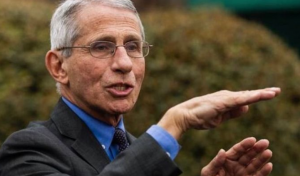The World Health Organisation (WHO) on Thursday warned European nations against relaxing COVID-19 protocols, saying such a move could lead to the “perfect storm” of new cases, as has happened in India over the past few months.
Also Read | ‘At least 17 countries’ have Indian COVID-19 strain, says WHO
New infections and deaths have been spiralling in India, which experts say has been caused due to lax COVID-norms and mass gatherings in the country.
And the chief of WHO Europe said other countries should not make the same mistake of relaxing restrictions too soon in order to prevent a similar wave of new infections.
“When personal protective measures are being relaxed, when there are mass gatherings, when there are more contagious variants and the vaccination coverage is still low this can create a perfect storm in any country,” AFP quoted Hans Kluge saying.
Also Read | COVID-19 situation in India ‘beyond heartbreaking’: WHO chief
“It is very important to realise that the situation in India can happen anywhere.”
The new coronavirus strain found in India, the B.1.617 variant – also called the ‘double mutant’ or the ‘Indian variant’ – is feared to be causing the deadly second wave of the virus outbreak, but the WHO is yet to confirm if it is more transmissible or deadlier than other variants.
Also Read | Germany reports cases of Indian variant of coronavirus
Experts say that large gatherings, such as election rallies, the Kumbh Mela and other events such as weddings and sports matches, are also to be blamed for the explosion in cases.
European nations must remeber that “individual and collective public health and social measures remain dominant factors in shaping the pandemic’s course,” Kluge said.
Also Read | FDA reviewing safety of vaccines in our possession: US Secretary of State Antony Blinken
He noted that while the number of new cases in the region fell “significantly” last week for the first time in two months, “infection rates across the region remain extremely high”.
He said vaccines were on the rise in the European region, with seven percent of the population now fully inoculated.
The WHO said this means that more people in Europe have now received the vaccine than the number of people who have been infected with the disease.






